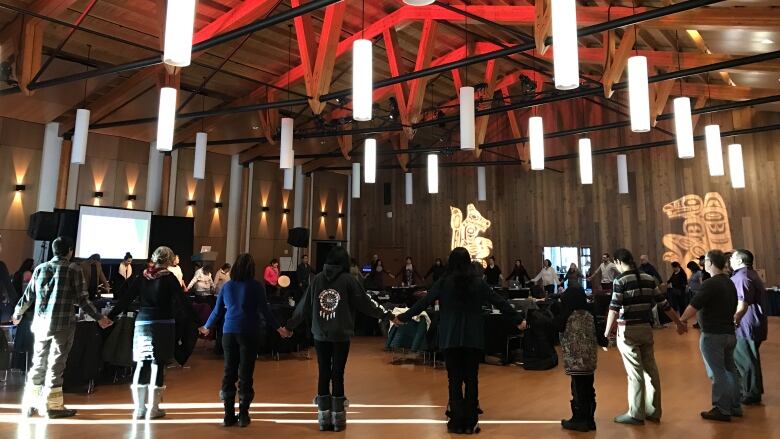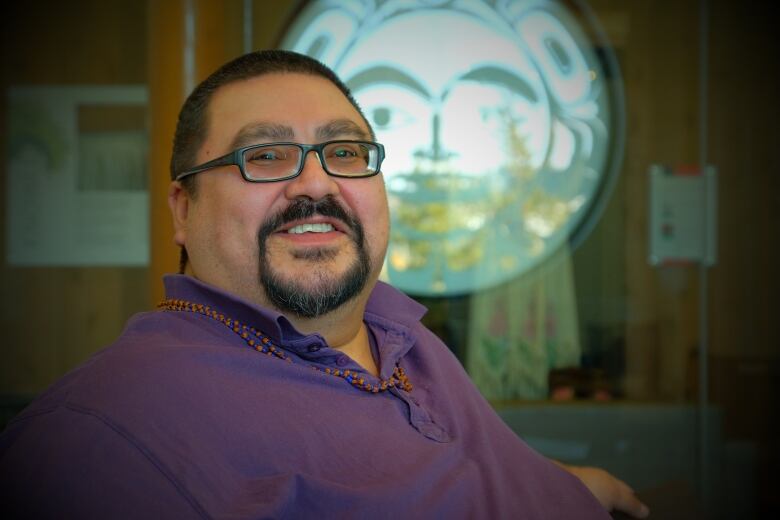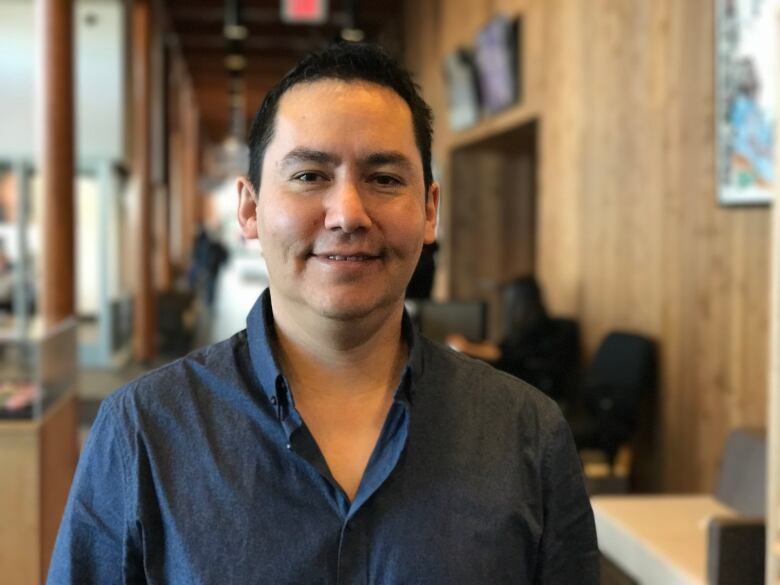Looking for new ways to revitalize Yukon's Indigenous languages
'If our language is not used it won't survive,' said Sean Smith of the Kwanlin Dn First Nation

Organizers ata gathering this week in Whitehorse say it's time to find new waysto preserve First Nation languages.
Yukon's Indigenouslanguages are in critical decline and the Council of Yukon First Nations (CYFN) is looking fordifferent approaches to a long-standingconcern howto ensure those languages survive.
About 60 people gathered at the Kwanlin Dn Cultural Centre in Whitehorse over two days to share their ideas at the "Voices For Change" gathering.

Chief Steve Smith ofthe Champagne andAishihikFirst Nations says theSouthernTutchonelanguage is in decline. He says simply learning the language is different from hearing it and using it in daily life.
"It's a small group of individuals who actually have SouthernTutchoneas a first language, and those who actually grew up in the language that's a big difference from speaking it from a more learned-type approach." he said.
Sean Smith, a member of the Kwanlin Dn First Nation,was one of the organizers ofthe gathering. He saysone of the ideas heard wasto use a natural approach to teaching First Nations languages.
"If our language is not used, it won't survive," he said."Really, that's what it boils down to language use is so important. We want to see all the different ways we can support people to learn the language, but also to use it."

Smith says over the two days of brainstorming,focus groups talked aboutwhat wasn't working and what was, when it comes to revitalizing languages.One of the recommendations was for people to more readily use their Indigenouslanguage at home.
"One of the number one things is desire," Smith said. "Why do people want to learn First Nation languages? Is it important to each individual to take that language learning journey?"

Smith says the goal is to create what he called a "positive feedback loop", where people who know the language use it, as opposed to a "negative feedback loop", where people may learn the language but never speak it.
He also says engagingyounger generations is key to any revitalization project.
The organizers of the gathering say they will compile all the recommendations from the working groups and get feedback from the First Nations' leadership.












_(720p).jpg)


 OFFICIAL HD MUSIC VIDEO.jpg)
.jpg)



























































































